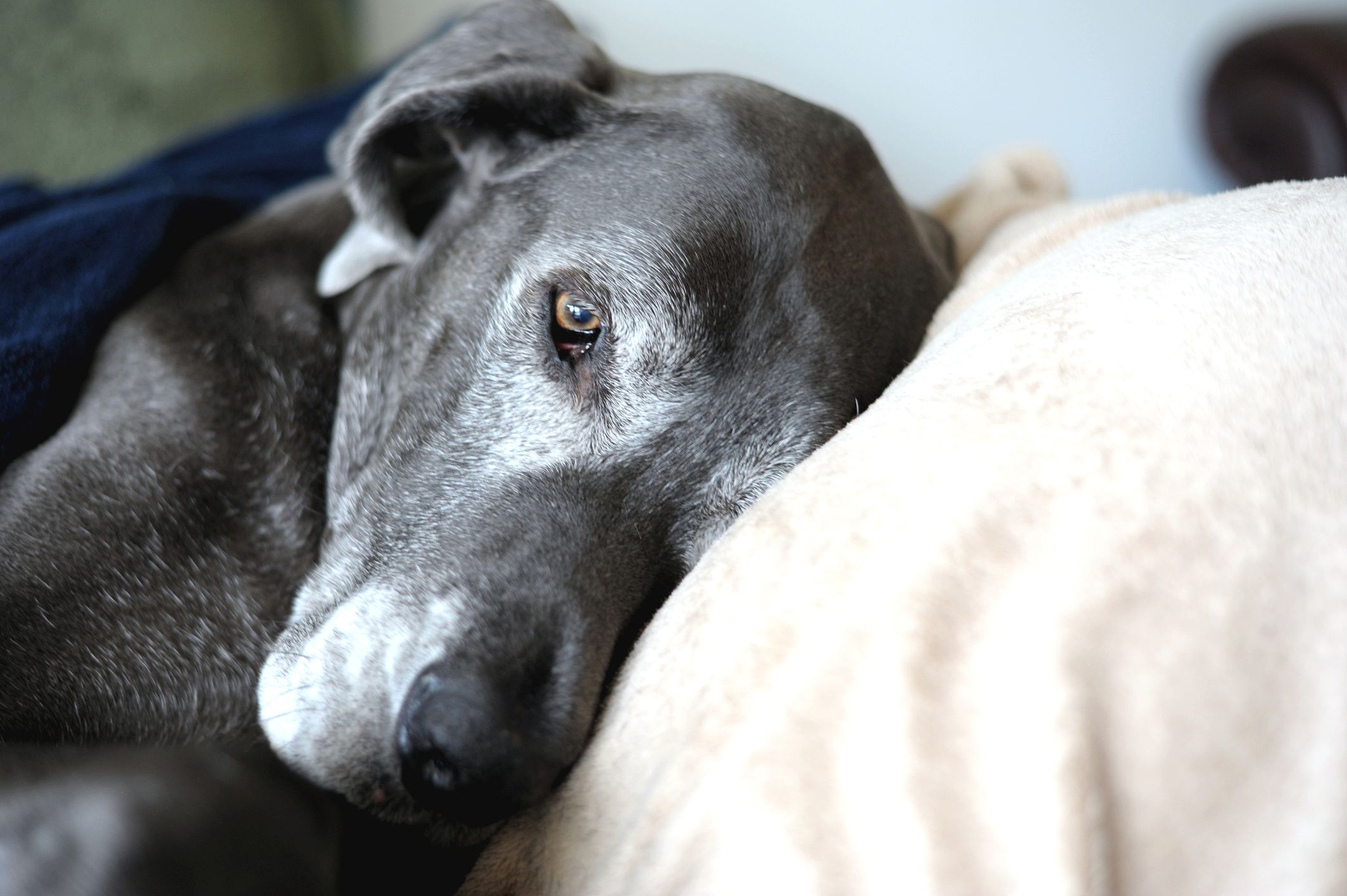
As our furry companions age, they require extra care and attention to ensure they live happy and healthy lives. At True Care Veterinary Hospital, we understand the unique needs of senior pets and are here to provide the best possible care for your older furry friend.
In this blog post, we’ll discuss the importance of senior pet care, talk about common health issues in older pets, and offer helpful tips for caring for your senior pet. Whether you have a dog or a cat, our experienced team is dedicated to helping your older pet thrive.
Common Health Issues in Older Pets
Arthritis: Arthritis is common among senior pets, causing joint pain and mobility issues. Look for signs such as limping, difficulty climbing stairs, or reluctance to jump. Consult your veterinarian for appropriate pain management and treatments.
Dental Problems: Dental disease is prevalent in older pets and can lead to pain, infection, and difficulty eating. Regular dental check-ups and professional cleanings are essential for maintaining your pet’s oral health.
Cognitive Dysfunction: Senior pets may experience cognitive decline, similar to Alzheimer’s disease in humans. Symptoms can include disorientation, changes in behavior, and decreased interaction. Your veterinarian can provide guidance on managing cognitive dysfunction and improving your pet’s quality of life.
Tips for Caring for Your Senior Pet
Regular veterinary check-ups: It is crucial to schedule regular wellness exams for your older pet. These check-ups allow your veterinarian to detect potential health issues early and provide appropriate treatment. During these visits, your vet may recommend blood tests, X-rays, or other diagnostic procedures to evaluate your pet’s overall health.
Balanced diet: Nutrition plays a vital role in maintaining the health of senior pets. Talk to your veterinarian about an age-appropriate diet for your older pet, as their nutritional needs may change with age. Ensure their diet includes high-quality protein, easily digestible carbohydrates, and essential vitamins and minerals.
Exercise and mental stimulation: Although senior pets may not be as active as they once were, regular exercise is still important for their overall well-being. Engage them in low-impact activities such as short walks or interactive play sessions to keep them physically and mentally stimulated.
Provide a comfortable living environment: Make adjustments to your home to accommodate your senior pet’s needs. Provide soft bedding to support their joints, ensure easy access to food and water bowls, and consider using ramps or steps to help them navigate elevated surfaces.
Dental care: Brush your senior pet’s teeth regularly with a toothbrush and toothpaste designed for pets. This helps prevent dental disease and keeps their gums and teeth healthy. Your veterinarian can provide guidance on proper dental care techniques.
Weight management: Obesity can exacerbate health issues in senior pets, so monitoring their weight and maintaining a healthy body condition is essential. Your veterinarian can help you determine the ideal weight for your pet and recommend a suitable diet and exercise plan.
Providing Your Pet a Lifetime of Health and Comfort
Following these tips for senior pet care can help ensure your older furry friend enjoys a happy and comfortable life. Please contact us with any questions or concerns about caring for your senior pet.

